Frontloading Marches On
The Rules and Bylaws Committee of the Democratic Party has decided that the presidential nominating process needs to be compressed even more in 2008:
The [committee], in a decision that is likely to alter fundamentally the way the party chooses its nominee, voted for early contests in two new states — a caucus in Nevada and a primary in South Carolina. Party officials said the change was almost certain to be ratified by the Democratic National Committee next month.
The immediate effect would be to decrease the influence of Iowa and New Hampshire, the two states that have started — and some party officials argued, unfairly dominated — the nominating process since 1976.
The change was resisted by officials in New Hampshire, which would be sandwiched between a caucus on the Saturday before its famous primary and another primary on the next Tuesday. Gov. John Lynch, a Democrat, warned in a private letter to Democratic officials that the state party might defiantly try to invoke a New Hampshire state law to move the primary earlier.
Republican Party officials said that they were watching the Democratic maneuvering closely, and that it was likely, but not certain, that Republicans would also change their calendar along these same lines.
The change was applauded by Democrats who have long argued that the current system gave too much power to two states that were economically, geographically and ethnically not representative of the nation. In turning to Nevada and South Carolina, Democrats said they were looking to give blacks, Hispanics and union members more of a say in the selection of the nominee.
The Iowa Caucus is presently scheduled for January 14, 2008; at this rate, we may have primaries and caucuses starting a year before the presidential election by 2016.

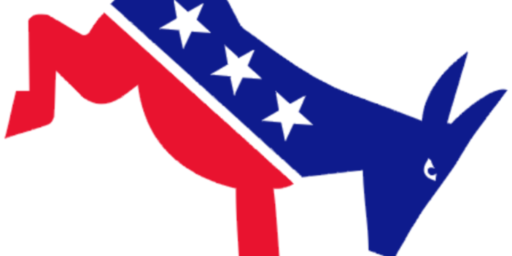
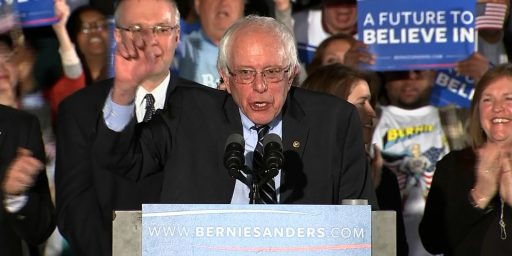
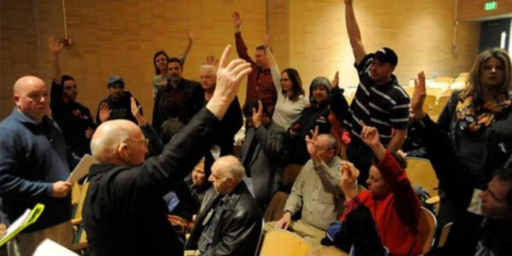
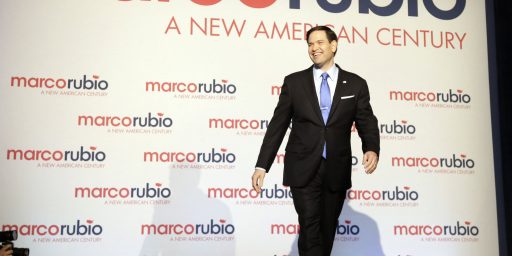
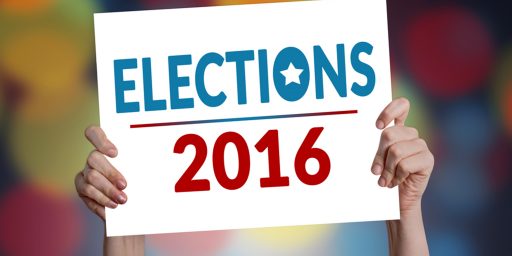
I recently blogged on this as well (The electorate loses.). Even worse than the ridiculously early start to the election season (when you consider all the posturing that goes on in advance of any of this) is how long the general election season will be. It’s already insufferable!
If the RNC is smart, they will distance themselves as much as possible from the DNC’s plan to front-load the schedule, even if it means running on an entirely different schedule.
The American voters don’t want a campaign of nothing but sound bites and campaign ads. They want to press the flesh with the candidates, one on one. With such a heavy schedule that won’t be possible. It also means those candidates with less than bulging campaign war chests but better ideas and messages won’t be heard, and that’s bad for everyone.
I have to agree with Brian that the campaign is already too damn long. The DNC wants to make it even more insufferable.
The DNC’s move isn’t intended to start the election season earlier. Once of the major complaints among democratic primary voters last year was that by the time Iowa and New Hampshire were done, the candidate was already chosen. It was after NH, I believe, that Dean made his famous “scream” speech which made all subsequent elections between Kerry and Edwards. The complaint was that rich, white, New England liberals were deciding the nominee.
The major change being made is to add in states from other demographics early in the election cycle, so that a broader base of the Democratic party has a say before all the other nominees drop out. Nevada will hold a caucus before New Hampshire’s primary, and after Iowa’s caucus, with South Carolina’s primary just days after Iowa. This will get at least some representation from the west and south in the early stages of choosing a Democratic nominee.
Keep in mind this is only for the Presidential nomination, so this won’t effect senate or house races. This will have little to no effect on the length of the campaign season, or the amount of political advertisements you see.
That may not be the DNC’s intent, but it might be the result.
I don’t know about you, but by bunching up a number of primaries and holding most of them during the first four months of the year, I find that the campaign season stretches out forever. It also forces all of the candidates to go into “Turbo” mode, campaigning in multiple states simultaneously. This might be fine for after the conventions when each party has chosen its nominee, but not during primary season.
The perception that “by the time Iowa and New Hampshire were done, the candidate was already chosen” is just that, a perception. But it wasn’t so. It was still very much up in the air at that time and there were still lots of primaries and caucuses to go.
Changing the rules because of a mistaken impression isn’t necessarily a bad thing. But if the rule changes are only going to make it worse, then why change them?
Frankly, I don’t care who goes first. But I do mind that the push to make the same mistake as 2004, but only worse the next time, is a damn foolish thing to do. It’s only going to piss off more voters and make the campaign season seem even more interminable.